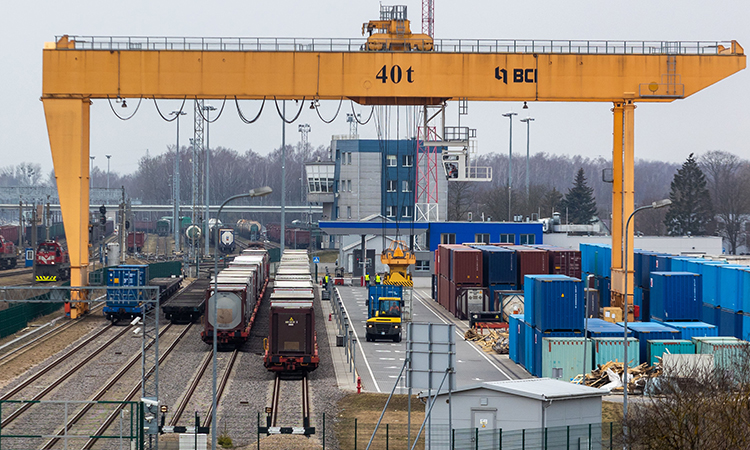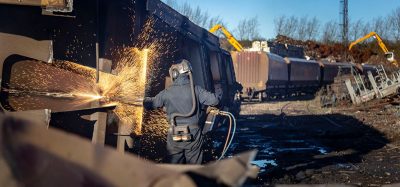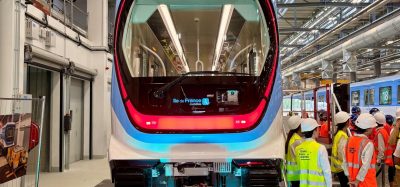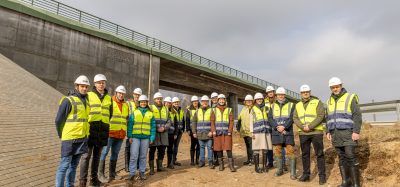LTG Cargo customers saved 70 million kilograms of CO2 in 2022
Posted: 20 March 2023 | Elliot Robinson (Editorial Assistant - Global Railway Review) | No comments yet
By using intermodal freight transportation between Lithuania and the Western countries, LTG Cargo customers have saved almost 70 million kilograms of carbon dioxide in 2022.


Credit: LTG Cargo
Customers of LTG Cargo have saved almost 70 million kilograms of carbon dioxide in 2022 by transporting intermodal freight by railways between Lithuania and the Western countries.
“We are developing our company’s activities along the core lines of diversification, efficiency and sustainability,” Eglė Šimė, CEO of LTG Cargo, said. “In the few years that we have been organising intermodal railway freight transportation in Lithuania, we have already seen the special potential of this type of transportation. Moving freight from road to railway over long distances can be more sustainable and safer. In addition, even individual customer containers can be transported by rail in this way. Furthermore, from now on we will be able to calculate in a clear and certified way how much our customers have contributed to the environmental conservation namely by transporting their goods intermodally.”
In Western Europe, the intermodal freight segment has been growing rapidly for more than a decade. Lithuania joined the intermodal railway freight network in summer 2021 with the opening of Kaunas Intermodal Terminal. LTG Cargo has developed a methodology to fixate the CO2 savings of intermodal freight in order to reveal and assess the contribution of its customers to the environmental sustainability of this type of freight. In 2022, certificates confirming the customers’ achievements in conserving the environment will be awarded to around 150 companies.
Currently, intermodal freights can be shipped to Duisburg in Germany, as well as to Slavkov in Poland, and from these terminals to other European countries. In this way, it is convenient to transport by railway between Lithuania and the Western countries not only the raw materials needed for the industry, but also various types of equipment, furniture, car parts, industrial, household and other everyday commodities. It is estimated that each container or trailer transported by railway from Kaunas to Duisburg saves almost 4,000kg of CO2.
Related content you will enjoy:
The direct connection of Kaunas Intermodal Terminal to the European railway network is believed to speed up the regular services between Lithuania and the main European industrial centres when trailers of trucks are transported by train. Such combined freight transportation allows transport companies to save fuel and reduce CO2 emissions into the environment.
“Multimodal freight transportation opens up vast opportunities for the development of smart logistics hubs and for increasing the country’s competitive advantage in the international transportation market,” Povilas Drižas, Head of the International Transport and Logistics Alliance (ITLA), said. “Increasing competition in the global freight transportation market and stricter environmental requirements prompt major transport and logistics companies to invest in sustainable infrastructure.”
Intermodal transportations help customers to balance their logistics chains, manage inflation and allow them to transport freight with a CO2 footprint up to 90% less. By granting these certificates, LTG Cargo plans to cooperate even more actively with road transport companies and freight forwarders in order to develop solutions for the combined transportation of long-distance freight by rail and road. LTG Cargo’s CO2 emission savings are calculated in accordance with the Greenhouse Gas Emissions Assessment Methodology of Intermodal Freight Transportation developed and approved by LTG.
Related topics
Related organisations
International Transport and Logistics Alliance (ITLA), LTG Cargo







